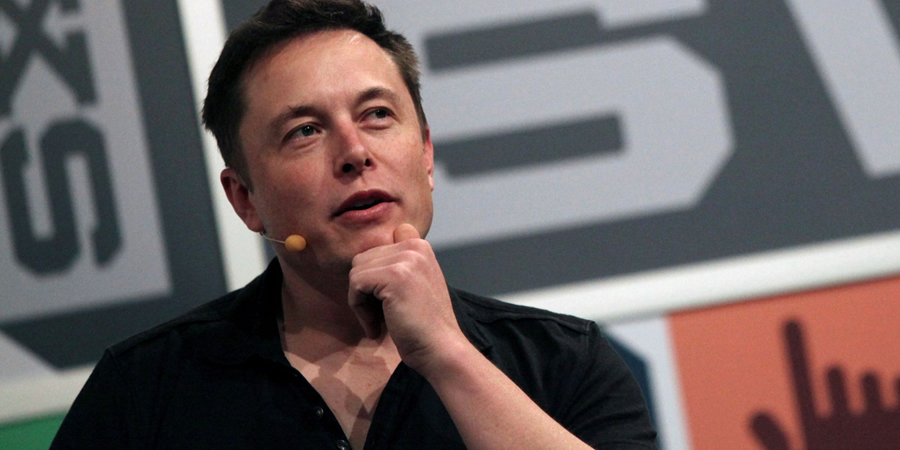SpaceX founder and CEO Elon Musk announced that the company’s Starlink satellite internet service had expanded coverage to Ukraine, potentially providing the government with an alternative secure communications uplink as Ukraine’s military continues to resist invading Russian forces.
Musk announced the coverage expansion in a tweet after Ukraine Vice Prime Minister Mykhailo Fedorov entreated the Tesla CEO to provide the country with Starlink access in a Twitter. But expanding Starlink coverage to Ukraine might have been the easy part of building alternative internet infrastructure.
Starlink's internet service—provided through a network of relay towers and a constellation of low orbit satellites—might offer Ukraine a security advantage over traditional, land-based internet infrastructure. Shooting down satellites would be a costly operation for Russia. Meanwhile, the relay towers that Starlink uses to provide Ukraine with internet coverage are likely stationed in neighboring countries, where Russian troops can't target them.
"Starlink service is now active in Ukraine," Musk said.
Fedorov didn’t say in his tweet why the Ukraine government wants to use the Starlink service. Ukraine has suffered multiple cyberattacks since Russia President Vladimir Putin ordered an invasion on Feb. 24, but the country’s internet service remains generally active and stable.
Ukraine’s government has made ample use of web services, such as the Telegram messaging app, to keep citizens informed of its wartime efforts, and ministers evidently continue to be active on Twitter. But regions hit hardest by fighting have experienced internet outages, and it's possible Russian troops could target Ukraine's internet infrastructure, such as transmitter towers, as the war continues.
In a second tweet, Fedorov thanked Ukraine’s Ambassador to the U.S. Oksana Markarova for helping “swift decisions related to authorization and certification that allowed us to activate the Starlink in Ukraine.” The tweet suggests Starlink wasn’t available before due to administrative roadblocks, rather than technical ones.
According to Starlink’s website, the satellite internet service was slated to hit Ukraine in 2023, so the Twitter exchange between Fedorov and Musk appears to have expedited a rollout that was already planned.










